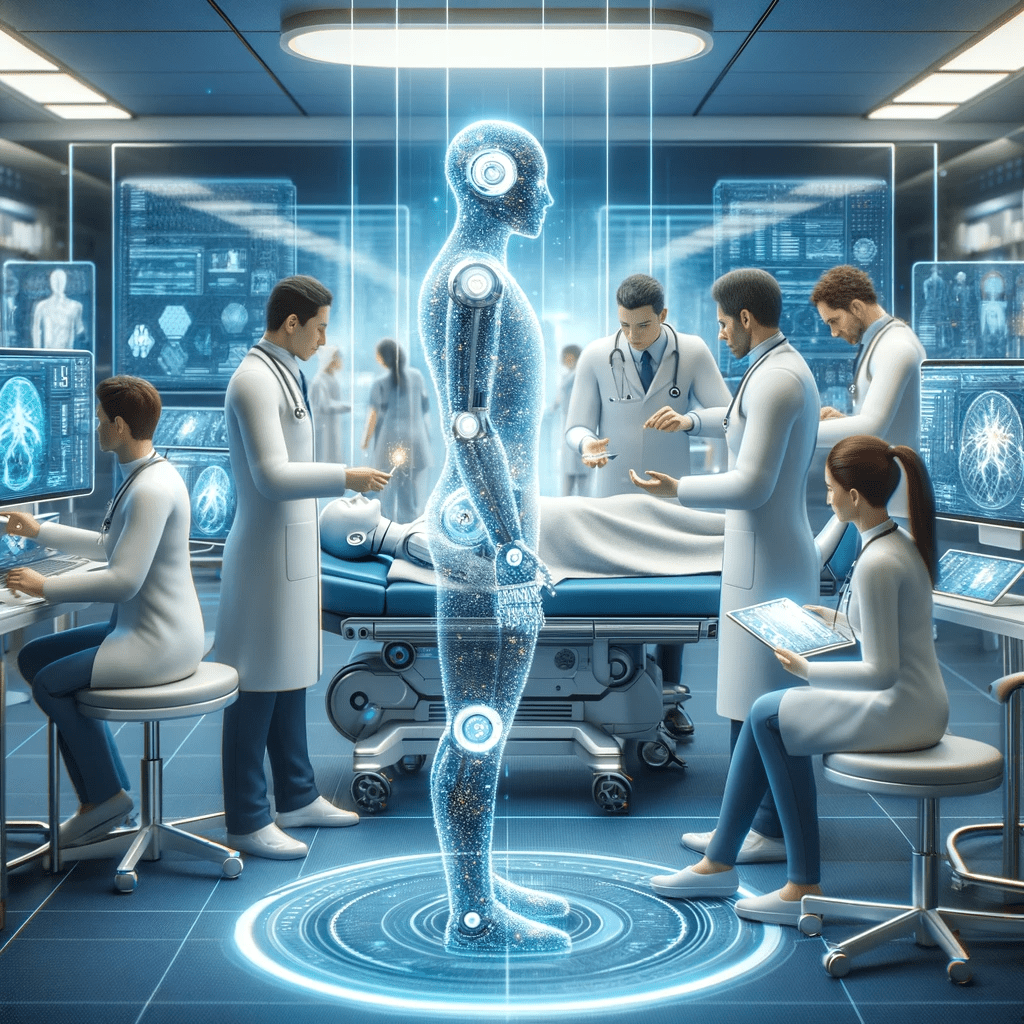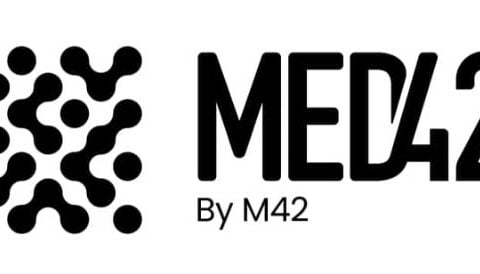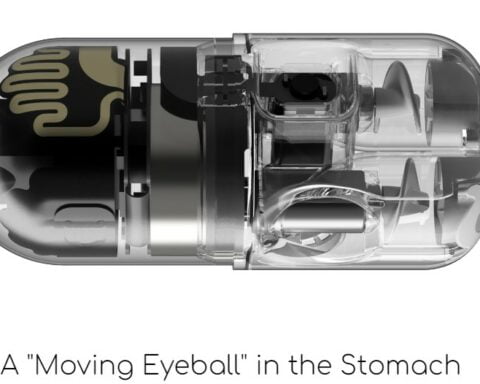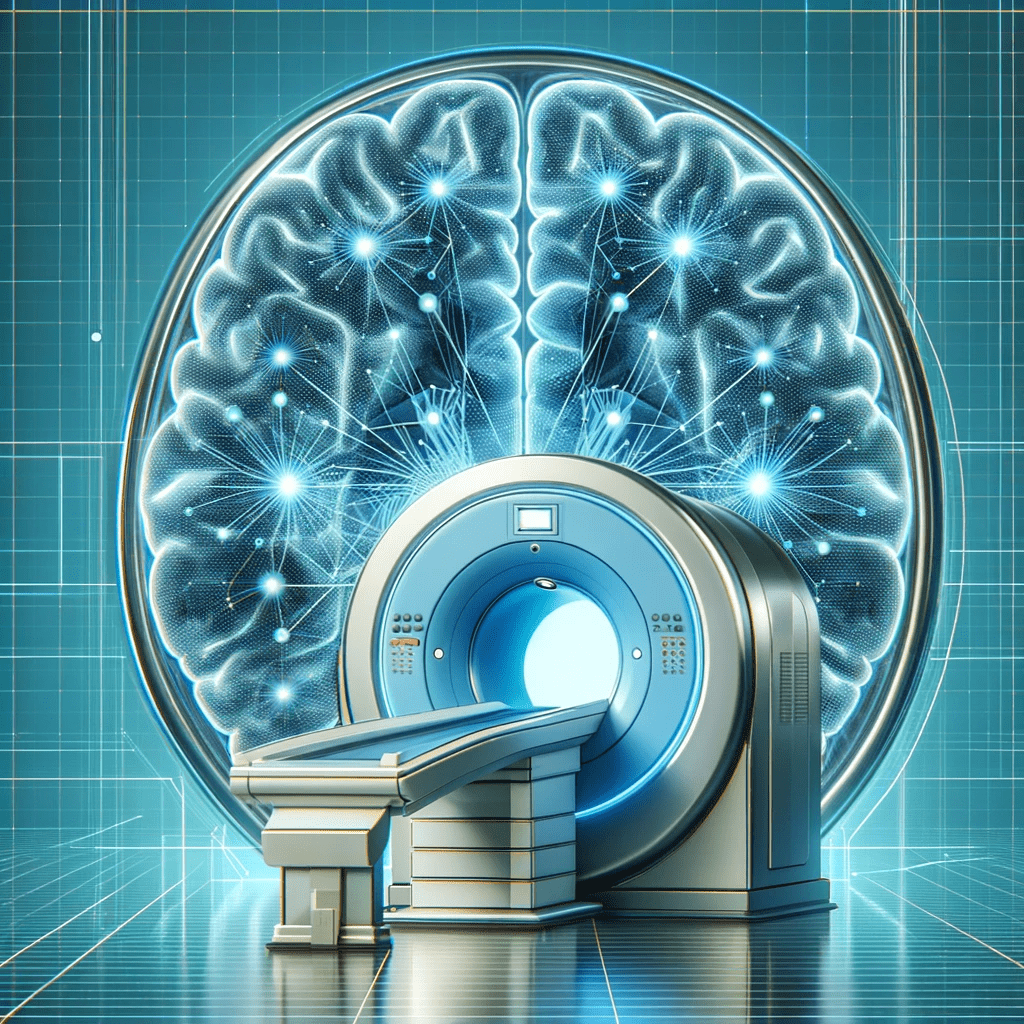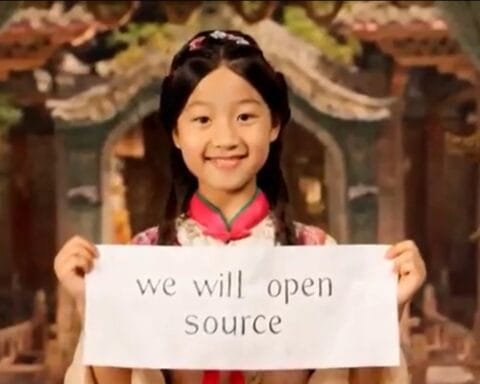Last Updated on December 18, 2023 3:13 pm by Laszlo Szabo / NowadAIs | Published on December 18, 2023 by Laszlo Szabo / NowadAIs
AI Replace Doctors: The New Era of Healthcare and Technology – Key Notes
- AI Augments, Not Replaces: AI is a tool to enhance doctors’ abilities, not a replacement for their expertise and intuition.
- Robotic Surgery: AI-driven robots assist in surgeries, offering precision but controlled by human surgeons.
- Data Analysis and Patient Care: AI excels in analyzing medical data for better diagnoses and treatments but lacks the empathetic aspects of patient care.
- Privacy and Security: The use of AI in healthcare comes with significant privacy concerns, necessitating robust data protection measures.
- Collaborative Future: The future of healthcare sees AI and medical professionals working in tandem, combining technological efficiency with human insight.
AI’s Growing Role in Modern Healthcare
The integration of artificial intelligence (AI) in healthcare is an increasingly debated topic, with many speculating whether AI could replace doctors. Recent advancements suggest a significant shift in how medical care is administered, with AI playing a crucial role. This article examines the impact and implications of AI in healthcare, focusing on the potential to enhance or even replace aspects of doctors’ roles.
Can AI Replace Doctors’ Intuition and Expertise?
The Debate: AI vs. Human Doctors
The core question in the healthcare sector is whether AI can replace doctors. AI’s capabilities in processing vast amounts of data, its precision, and efficiency are undeniable. However, the nuanced intuition and expertise of human doctors remain irreplaceable in certain aspects of patient care. AI in healthcare aims not to supplant doctors but to augment their abilities, providing them with powerful tools to make more informed decisions.
Machine Learning and Clinical Reasoning
Machine learning, a subset of AI, is revolutionizing clinical reasoning. By analyzing patterns in data, AI can assist in diagnosing diseases earlier and more accurately than before. However, this doesn’t mean AI will replace doctors entirely. The human element of understanding patient history and context, as well as emotional intelligence, remains crucial.
Enhancing Healthcare with AI Technology
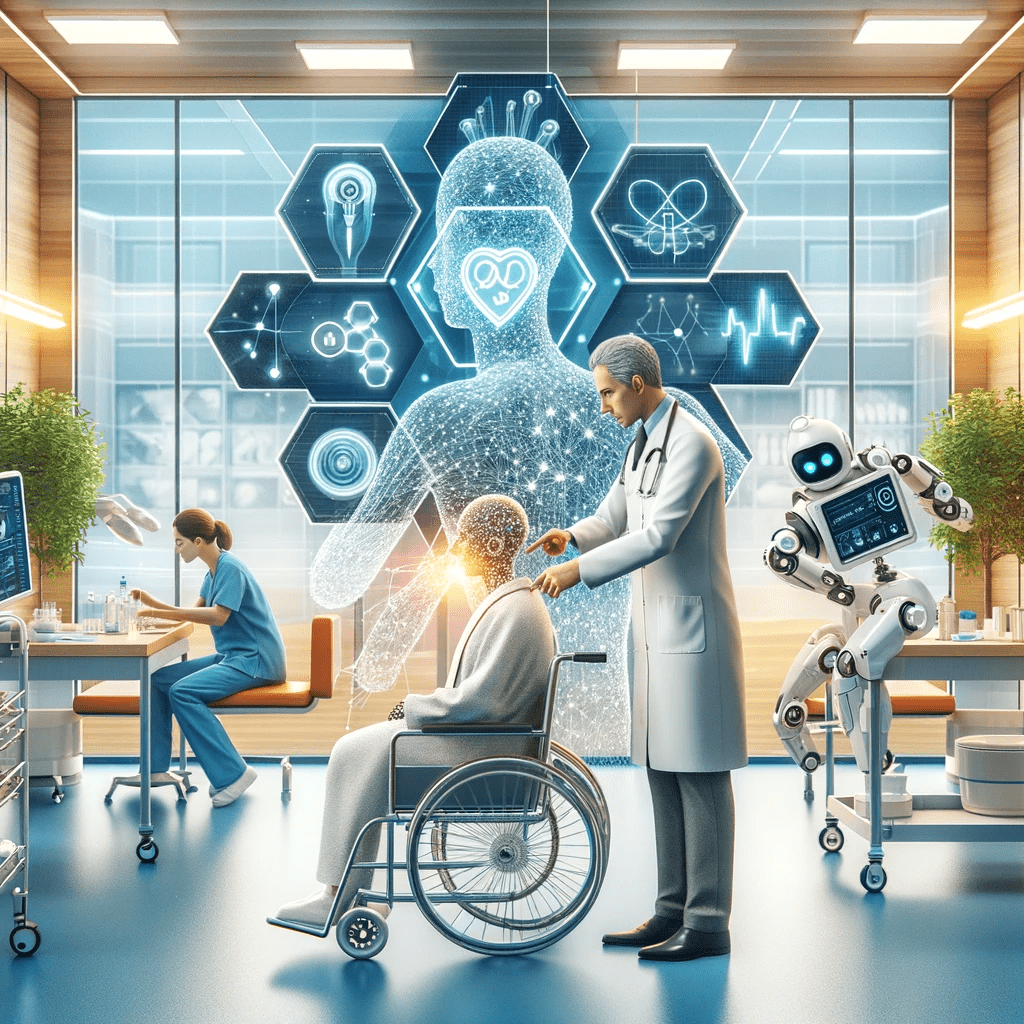
Robotic Assistance and Surgery
Robotic technology in surgery is a prime example of how AI is transforming healthcare. These robotic systems, enhanced by AI, can perform precise surgical procedures, reducing human error. Yet, they don’t operate autonomously; surgeons control these robots, blending human skill with technological precision.
Natural Language Processing in Patient Care
Natural language processing, another AI facet, plays a significant role in improving patient care. It aids in interpreting and understanding patient records, enabling better patient-doctor communication. This technology doesn’t aim to replace doctors, but rather to enhance the efficiency and accuracy of patient care.
Data Analysis and Personalized Medicine
Data is the cornerstone of AI’s application in healthcare. AI systems analyze extensive medical data to provide personalized treatment plans. While AI in healthcare is becoming increasingly sophisticated, it complements rather than replaces the expertise of medical professionals.
Ethical Considerations and Challenges in AI Healthcare
Privacy and Security in AI-Driven Healthcare
Privacy concerns are paramount when discussing AI’s role in healthcare. Ensuring the security of sensitive patient data and ethical AI use is crucial. The integration of AI in healthcare requires strict privacy protocols to protect patient information.
Balancing Technology and Human Touch
The challenge in healthcare technology is balancing AI’s efficiency with the human touch of medical professionals. While AI may replace certain aspects of doctors’ work, such as routine tasks or data analysis, the empathetic patient-doctor relationship remains a vital part of healthcare that AI cannot replicate.
Future Prospects: AI and Healthcare Evolution
AI’s Role in Future Healthcare Innovations
The future of AI in healthcare looks promising, with continuous innovations improving patient outcomes and healthcare efficiency. AI’s role will likely grow, but it won’t replace doctors entirely. Instead, it will serve as a tool for enhancing the abilities of healthcare professionals.
Machine Learning’s Potential in Advanced Diagnoses
Machine learning will continue to advance, offering more sophisticated diagnostic tools. This will enable quicker and more accurate diagnoses, but will require doctors’ oversight and interpretation.
Patient Care and AI: A Collaborative Future
In the future, AI and doctors will work collaboratively to provide the best possible patient care. This synergy between human expertise and technological advancement represents the future of healthcare.
Conclusion
In conclusion, while AI replace doctors is a common question, the reality is more nuanced. AI is set to play a complementary role in healthcare, enhancing rather than replacing the essential human elements of medicine. This balance between AI and human expertise is key to the future of healthcare technology and patient care.
FAQ Section for AI Replace Doctors: The New Era of Healthcare and Technology
Q: Can AI Replace Doctors Completely?
A: No, AI is not designed to replace doctors but to augment their capabilities, enhancing decision-making and efficiency in healthcare.
Q: What Role Does AI Play in Surgery?
A: AI, particularly robotic technology, assists in surgeries, performing precise tasks under the control of human surgeons, not replacing them.
Q: How Does AI Impact Patient Care?
A: AI improves patient care by providing accurate data analysis, aiding in diagnosis, and personalizing treatment plans, but it doesn’t replace human interaction.
Q: Are There Privacy Concerns with AI in Healthcare?
A: Yes, privacy and security of patient data are major concerns, and the integration of AI in healthcare requires strict privacy protocols.
Q: Will AI Change the Role of Healthcare Professionals?
A: AI will change some aspects of healthcare roles, especially routine tasks and data analysis, but the core human elements of care remain irreplaceable.
